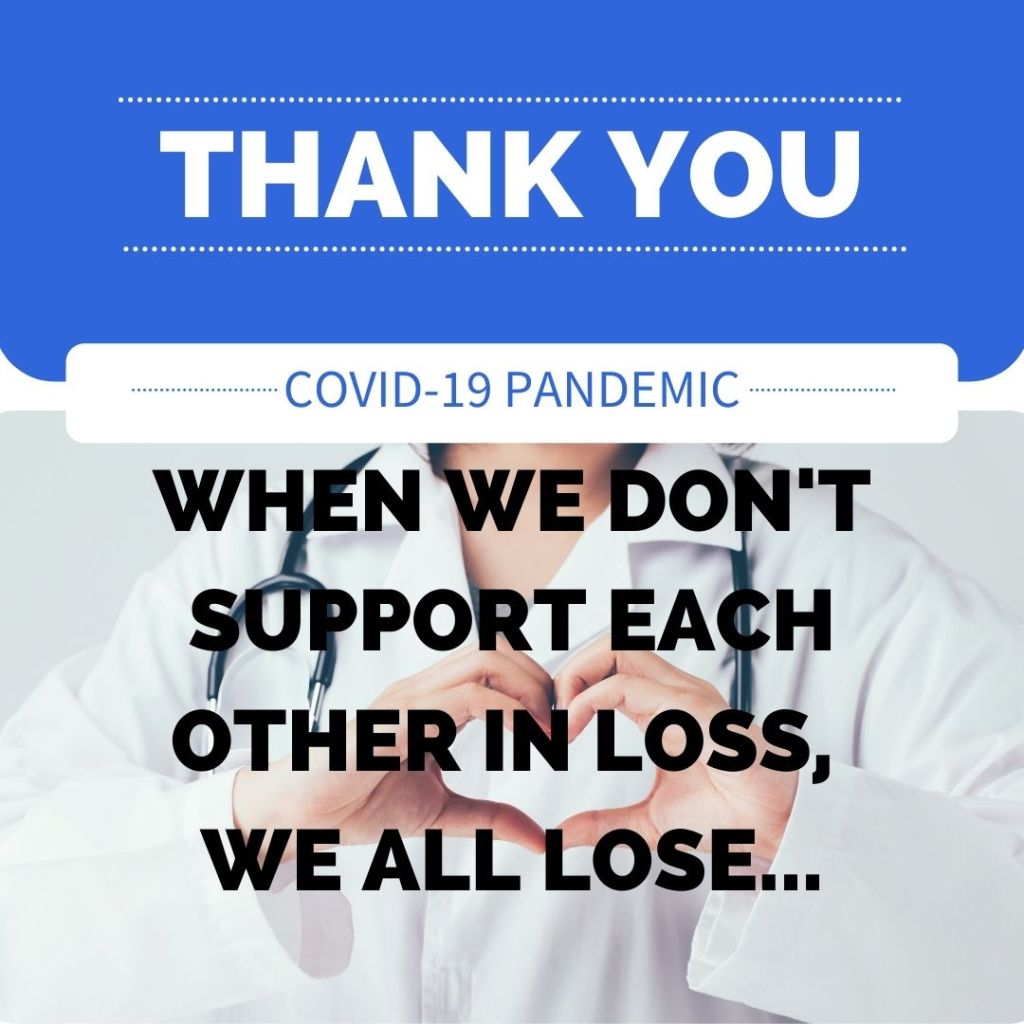When we don’t support each other in loss, we all lose…
Below is an excerpt of longer form research, which can be found here.
We honour the memory of all those who tragically died during the pandemic and pay our deep respect to their lives lost and loved ones.
We actively work towards the creation of public memorials to remember the people who died during the pandemic.
It is an important nuance for us to maintain, that these are all people who have died due to the pandemic, and all lives lost are a tragedy.
Returning to the words and language used to report deaths, what we have learned through our soul-shredding grief, is that guidelines are needed to inform the government and media of how to respectfully report, disclose and communicate, deaths from sudden causes and deaths linked to government decisions. We have experienced additional pain from seeing loved one’s deaths so flippantly referred to in public discourse (if they are referred to at all), having government funded websites created after Katie’s death dedicated to convincing people that the risk of her and others dying wasn’t real, and at the same time, altogether ignored. Death is death, humans are human. There are ways to communicate death that is more humane.
We welcome accuracy, transparency, and empathy in research, public discourse and communications that shine light on facts, and which strive for solutions to ensure scenarios like Katie’s and others tragic deaths do not occur in the future – rather than abolishing their existence. We do not accept the baseline reality pedalled by the current Australian government that there is ‘always a risk of death’ with any vaccine. Nor do we find it acceptable that the risk of death from taking a first dose of AstraZeneca is communicated to the public in non-scientific terms such as ‘miniscule’,[1] ‘infinitesimally small’[2] (former NSW State Premier Gladys Berejiklian), ‘really rare’ and ‘around this many’ (government funded website).[3]
We urge funding bodies and experts to be more invested in research into women’s health and encourage everyone to support living evidence research by sharing adverse reactions to vaccines with health bodies to better inform medical responses for everyone.
We grieve the loss of transparency of communicating accurate information as it relates to risks in healthcare by government and media communications. We grieve all the lost opportunities in the chain of decision-making made by Australian government which would have prevented deaths from AstraZeneca.
Most of all, we grieve losing our Katie Lees, to whom we quote Clementine Ford – “You are a sunset…”
The eleven people who died from AstraZeneca and others who live with implications of adverse effects in Australia and throughout the world deserve our respect. They followed government advice, they protected their communities and their loved ones. If COVID-19 didn’t exist, they would not have taken a vaccine for COVID-19. Their deaths need to be included in the global death toll for COVID-19 and human cost of the pandemic.
Language such as ‘Freedom Day’[4] was used to emphasise ending the restrictions on personal freedoms from lockdowns, holding up liberty as a reward for the community if they reached vaccine milestones set out by the politicisation of the vaccine rollout. Katie believed what the government was saying and was proud of the decision to be vaccinated for the good of the community, to end lockdowns.
Now that in Australia, most people are living that liberty without them, the very least we can do is honour their lives in the cultural and collective memory of the pandemic.
– Katie Lees’ Family
[1] https://www.youtube.com/watch?v=zVNDPoIFlEU
[2] https://www.abc.net.au/news/2021-07-23/nsw-call-for-vaccines-to-be-focused-on-sydney/100317702
[3] https://www.health.gov.au/initiatives-and-programs/covid-19-vaccines/approved-vaccines/astrazeneca
[4] https://www.abc.net.au/news/2021-07-22/nsw-covid-124-new-cases-announced-by-gladys-berejiklian/100313546
